There's a lot to love about summer: the nice weather, longer days, visits to the beach. Barbecues.
But this season has its downsides, too - especially for lawn-proud homeowners. Summer means high temperatures and reduced rainfall, which may be bad news for your garden's lush green grass.
Yes, it's very common for grass to dry out during the summer months. If all that glorious sunshine has turned your lawn brown and you're noticing that the grass stays flat after you walk on it, this means that your lawn is low on moisture.
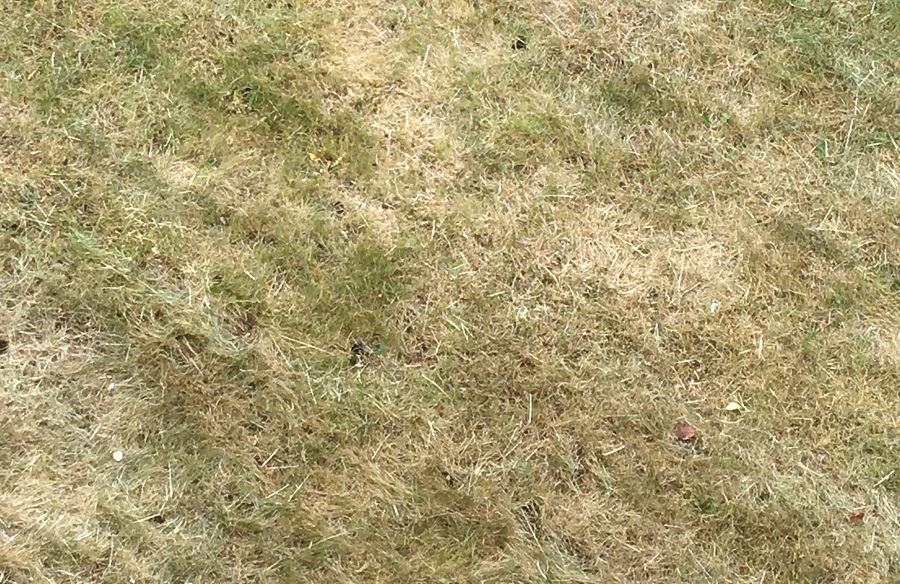
Dried-out grass in June
The good news it that a healthy, well-looked-after lawn should bounce right back to full health as soon as the autumn rain arrives.
In this blog post, we're going to answer two different questions:
- What should I do when my grass dries out in the summertime?
- How can I make sure my lawn is healthy enough to withstand extended periods of drought?
More...
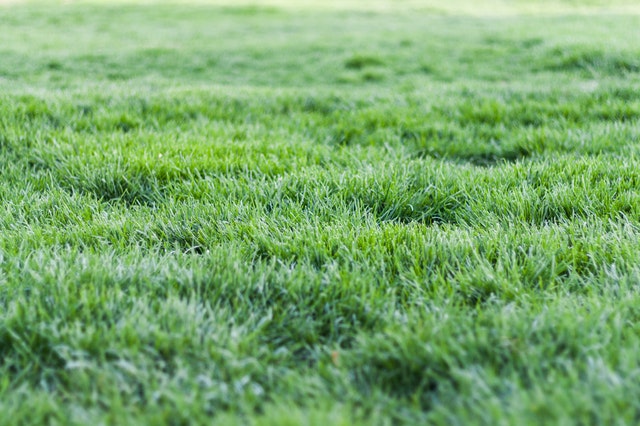
Grass is a plant, and like any plant, it takes in carbon dioxide (CO2) and produces oxygen. This is part of the process of photosynthesis, by which plants turn light energy into usable chemical energy.
But just how much oxygen does your garden lawn generate? Well, it depends on the size.
More...
Dry, yellowing grass is usually a sign that your lawn is low on moisture. But what does it mean when this unsightly yellowness specifically appears after you mow the lawn?
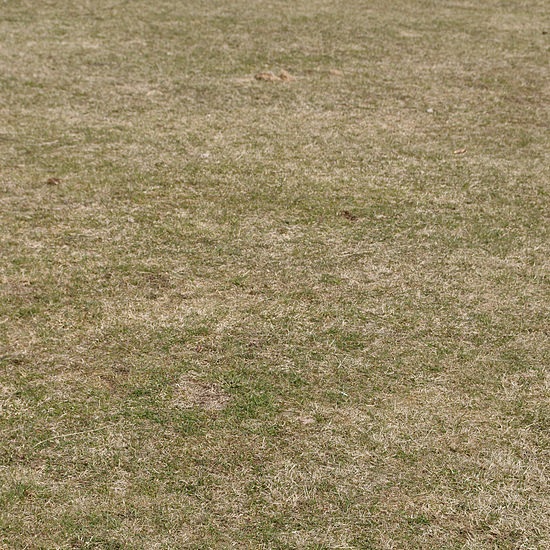
A dry lawn with yellowing grass (image source: Wikimedia Commons)
If your grass turns yellow - or even white - within a few days of mowing, it's usually because you were cutting the grass when the weather was too dry for it.
More...
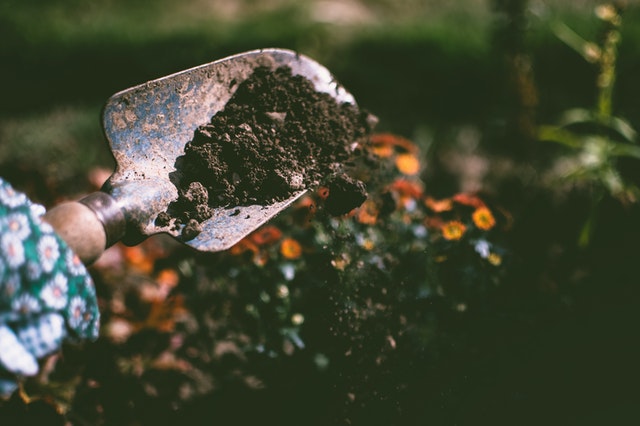
If you want to make the best possible use of your back garden, it's worth getting to know your soil. While all soils may look alike to the untrained eye, there are actually several different types, and the quality of the soil in your garden can have a big impact on what kind of plants will flourish there.
More...
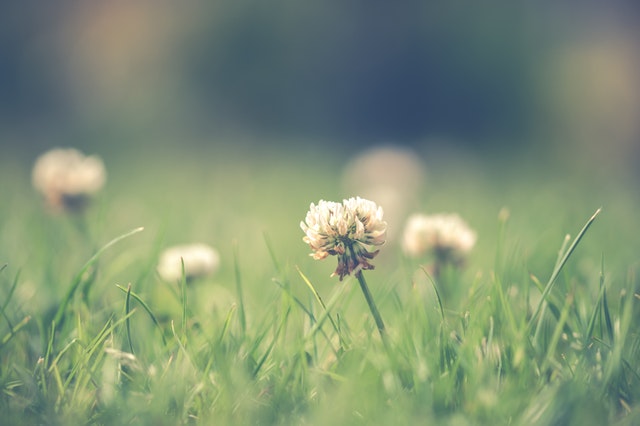
What is a weed? Put simply, it's a plant that's not wanted. There's no formal definition of what counts as a weed - it's not like the RHS website has a handy list of which plants are weeds and which plants aren't. Some plants that are considered weeds in one environment may be considered desirable elsewhere.
Common characteristics of weeds include:
- Aggressive growth and reproduction
- Growing in a place other than its natural habitat
- Ability to flourish despite inhospitable conditions
- Seeds that can lay dormant in the soil for a long time
More...